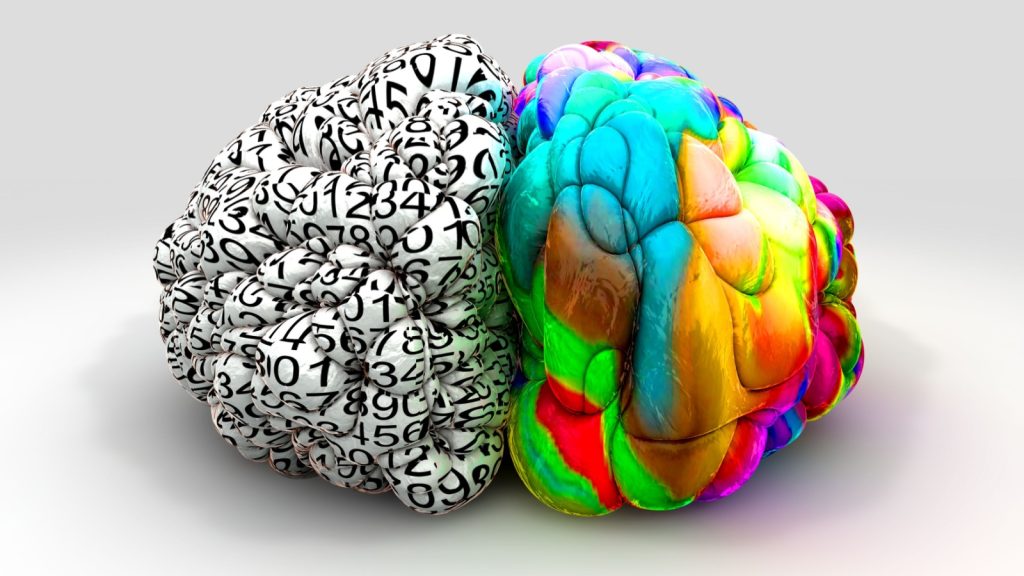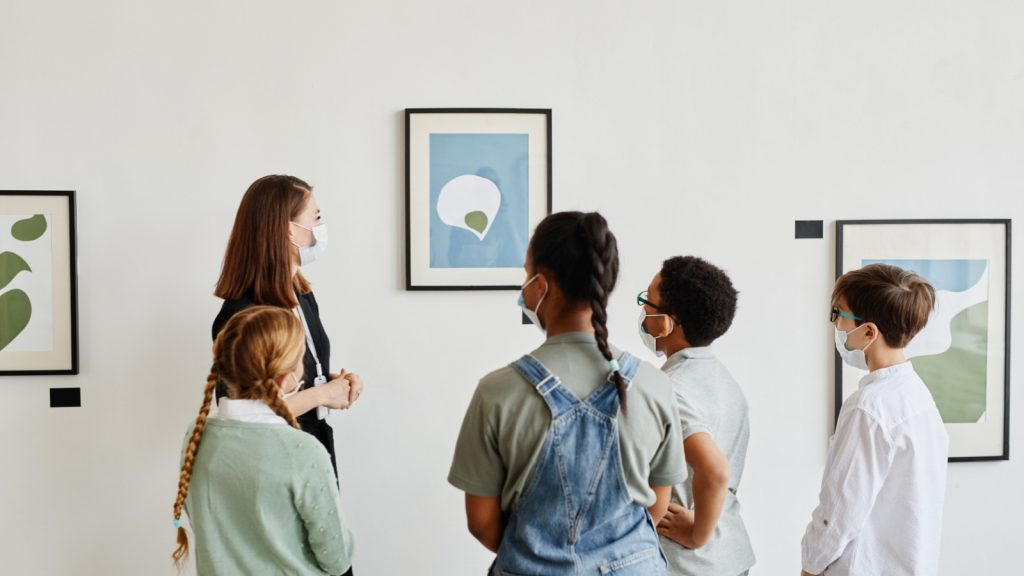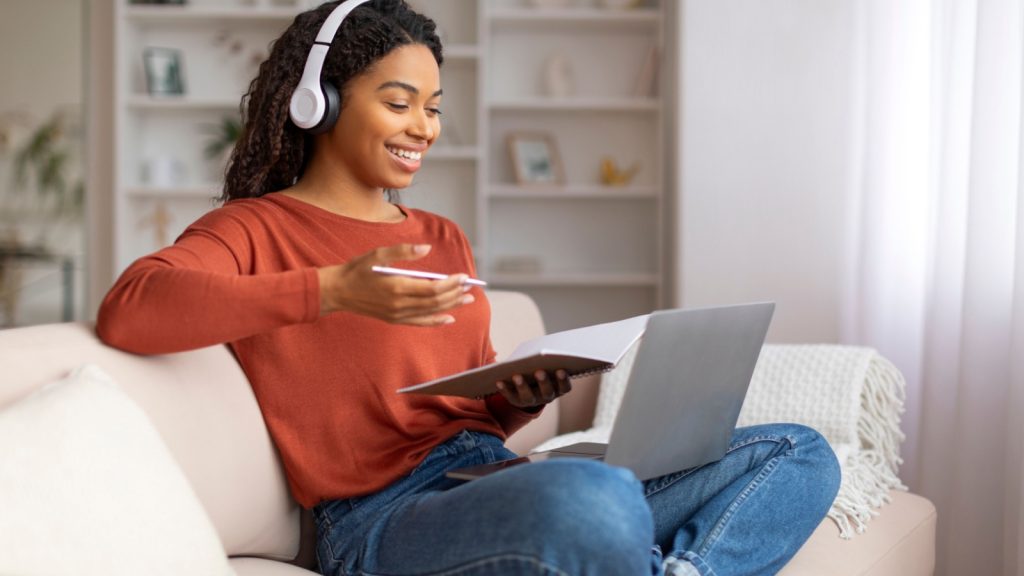I’ve always found puzzles to be such a fascinating way to spend time. Whether it’s a tricky crossword, a jigsaw puzzle, or even a brain-teasing riddle, there’s something incredibly satisfying about figuring out the solution. But what’s even more interesting is what’s happening inside your brain when you’re deep in thought. Solving puzzles is not just about entertainment—it’s a full-on workout for your brain. Each time you tackle a puzzle, different areas of your brain are hard at work, making connections, processing information, and even boosting your mental health. So, let’s take a look at some truly surprising ways puzzles affect your brain.
1. Puzzles Strengthen Neural Connections

Every time you solve a puzzle, your brain cells, or neurons, are working together to process information. This helps build stronger connections between different regions of the brain. The more often you engage in puzzling activities, the more these pathways strengthen, improving your overall cognitive function.
2. Puzzles Activate Both Hemispheres of the Brain

Your brain is divided into two hemispheres—the left, which handles logic and analysis, and the right, which manages creativity and intuition. Solving puzzles activates both sides at once. So, when you’re piecing together a puzzle or cracking a riddle, you’re engaging your whole brain, making it more flexible and capable.
3. Dopamine Levels Increase When You Solve a Puzzle

Dopamine, the feel-good chemical in the brain, gets released every time you solve a puzzle. This neurotransmitter is responsible for mood, memory, and concentration. That’s why solving puzzles can leave you feeling accomplished and even a little euphoric—it’s your brain rewarding you for figuring it out!
4. Puzzles Can Delay Cognitive Decline

Studies have shown that regular mental challenges, like puzzles, may help delay the onset of Alzheimer’s and dementia. Keeping your brain active with puzzles enhances memory and keeps those vital cognitive skills sharp as you age. It’s a fun and simple way to invest in long-term brain health.
5. Solving Puzzles Improves Problem-Solving Skills

When you solve puzzles, you’re constantly thinking critically, analysing patterns, and trying different approaches until you find the solution. This type of mental exercise can improve your ability to solve problems in everyday life. Your brain becomes more adept at tackling challenges from different angles.
6. Puzzles Help Reduce Stress and Anxiety

There’s something almost meditative about solving puzzles. The focus required helps distract you from daily worries, allowing your mind to relax. It’s like giving your brain a moment to rest, which can reduce feelings of stress and anxiety. So, next time you’re feeling overwhelmed, try picking up a puzzle!
7. Visual-Spatial Reasoning Gets a Boost

Puzzles, especially jigsaw puzzles, engage your visual-spatial reasoning skills. This is your brain’s ability to understand and remember the visual world around you. By practising this skill, you’re sharpening your mind’s ability to visualise things in your head, which can help with everything from packing a suitcase to navigating a city.
8. Puzzles Improve Short-Term Memory

When solving a puzzle, you often need to recall shapes, pieces, or clues you’ve already seen. This works your short-term memory, keeping it sharp. Puzzles help strengthen your memory muscle, which can be particularly useful in everyday situations like remembering where you left your keys.
9. Puzzles Increase Attention to Detail

Focusing on the little details is crucial when solving puzzles. You need to look carefully at every piece or every clue. This attention to detail is a skill that carries over into other parts of life, helping you become more observant and meticulous in everything you do.
10. They Encourage a Growth Mindset

When working on a difficult puzzle, you learn that persistence pays off. This helps foster a growth mindset, where challenges are seen as opportunities to learn and grow, rather than obstacles to avoid. It’s a great way to build resilience, especially when things don’t click right away.
11. Multitasking Abilities Improve

Solving puzzles often requires juggling multiple types of information at once, like colour, shape, or word patterns. This is a form of mental multitasking, which can improve your brain’s ability to handle various tasks at the same time in other areas of life.
12. Puzzles Boost Brain Plasticity

Brain plasticity refers to your brain’s ability to adapt and reorganise itself. Engaging in puzzles helps improve this ability by constantly challenging your mind to think in new ways. This can make your brain more adaptable and ready to take on new challenges throughout your life.
21 Things Pilots Are Forbidden to Do During Flights

Have you ever wondered what rules pilots must follow while they’re in the cockpit? Being a pilot is a job that comes with a lot of responsibility and a strict set of rules to ensure the safety of everyone on board.
These rules ensure that pilots maintain the highest standards of safety and professionalism while flying. By adhering to these guidelines, they help ensure that every flight reaches its destination safely.
Read More: 21 Things Pilots Are Forbidden to Do During Flights
Your Attractive Heading
Ellen has been obsessed with logic puzzles, jigsaws, and cryptograms since she was a kid. After learning she was taught how to play chess wrong by a family friend (so they could win), she joined her school chess club and the rest is history.


